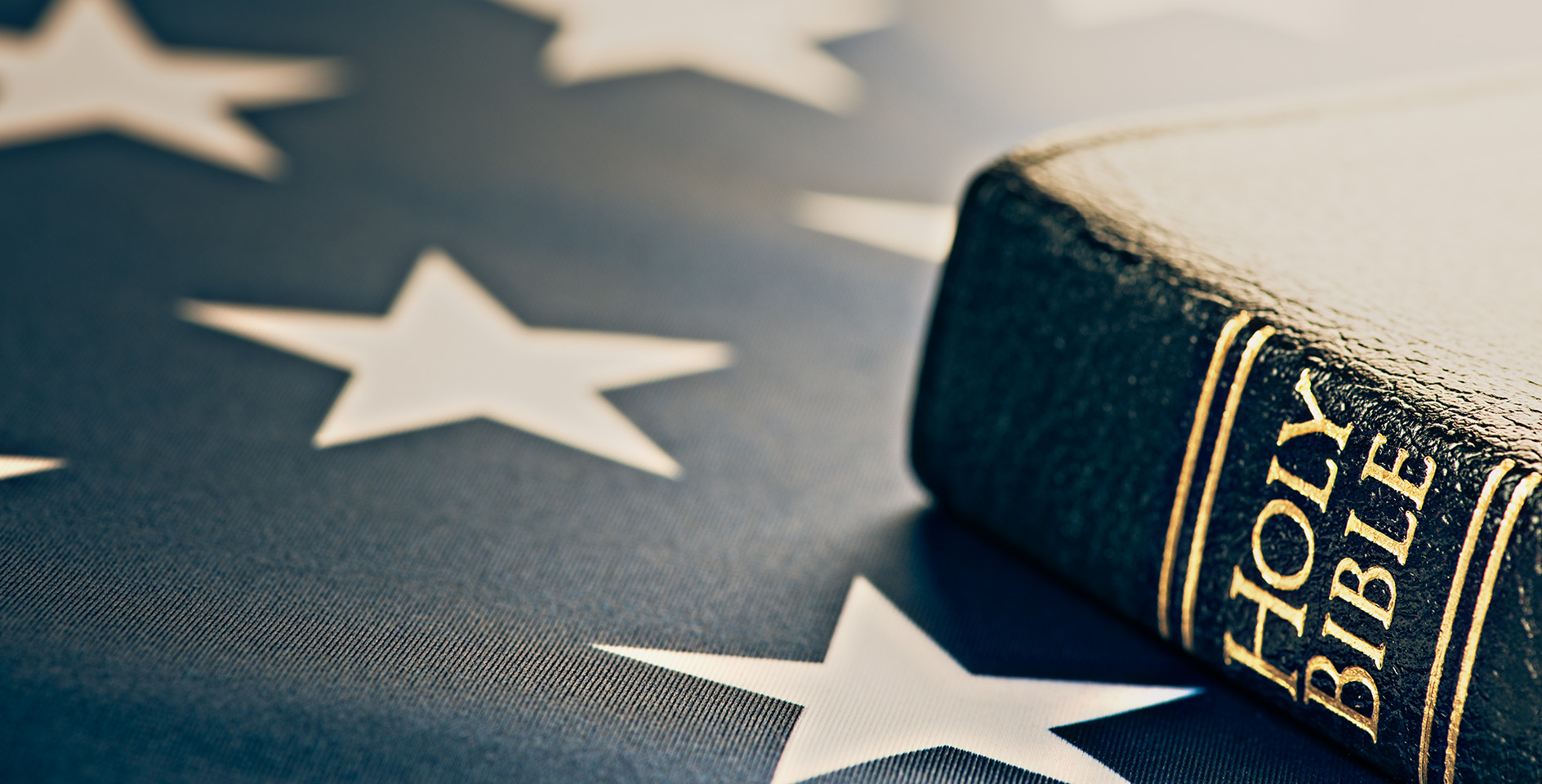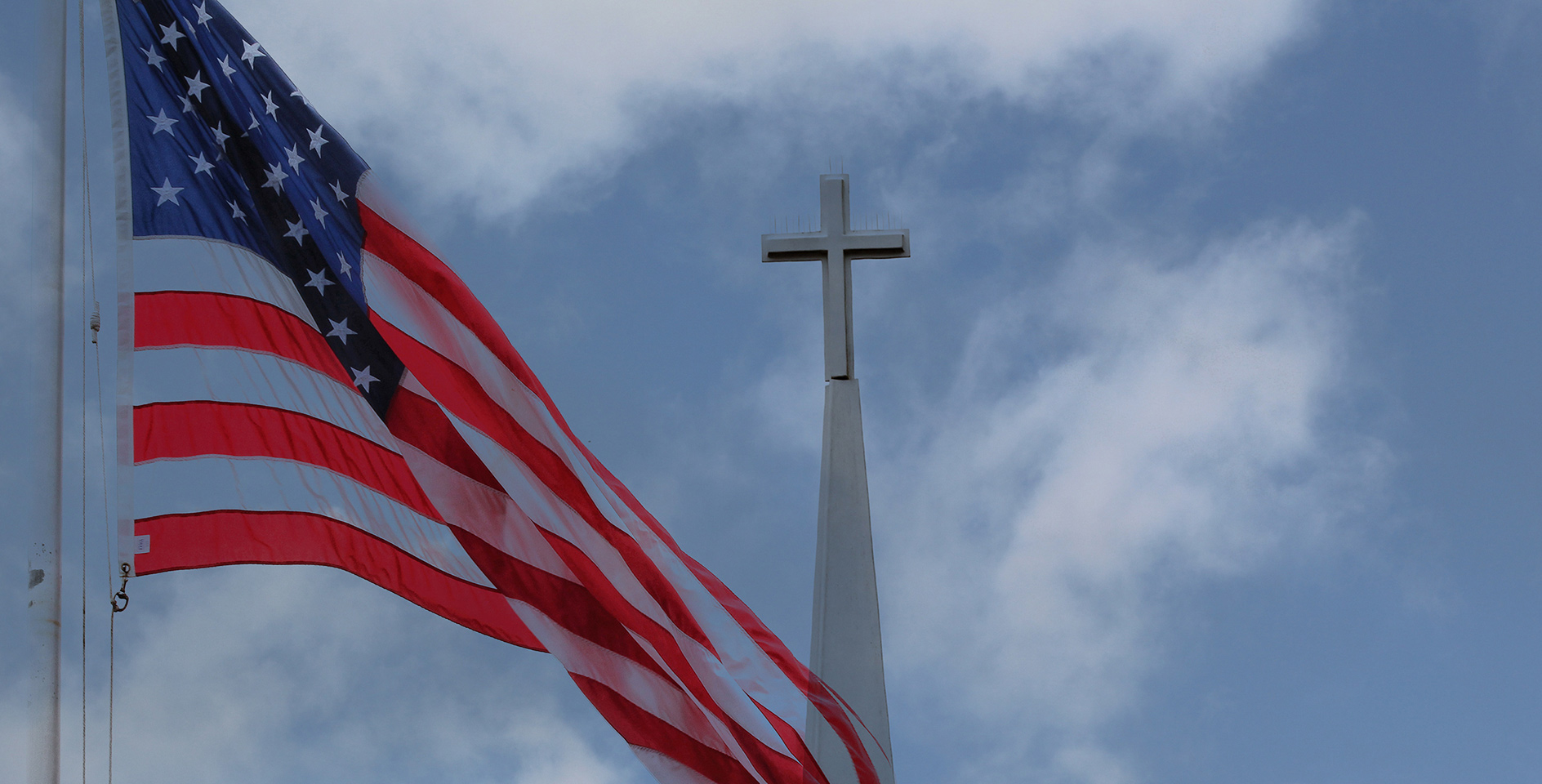WASHINGTON, D.C., Nov. 23, 2018—Dr. Russell Moore, president of the Ethics & Religious Liberty Commission of the Southern Baptist Convention, wrote an op-ed that ran in today’s print edition of The Wall Street Journal on a provision in the Tax Cuts and Jobs Act of 2017 that would tax non-profit organizations for the cost of parking and transit benefits provided to employees.
In the piece, Moore argues that the provision effectively creates an income tax on churches and raises serious concerns and questions about religious freedom and the First Amendment.
Excerpts of the article are below.
“A little-noticed provision in the Tax Cuts and Jobs Act of 2017 now looms over faith communities in America, raising serious questions about religious freedom and the First Amendment. While this provision is a relatively small piece of the overall package, the effect of the policy it created will be felt by the faithful around the country. This change is a new policy to tax nonprofit organizations—including houses of worship, like the Southern Baptist churches I serve—for the cost of parking and transit benefits provided to employees. This effectively creates an income tax on churches.
“The imposition of a tax burden on churches, religious schools and other charities is a shocking change in the federal government’s orientation toward these organizations of goodwill. The new tax requires institutions to file federal Form 990-T and possibly pay taxes every year—regardless of whether they engage in any unrelated business activity. In addition to the new federal requirements, many nonprofits will then face the requirement to file state returns and possibly pay state income tax. Further, in the name of taxing parking lots, the new regulations created a new tax liability. In turn, this creates new operations costs for proper accounting and regulatory compliance at every nonprofit organization. For many nonprofits, these operations costs could exceed the amount of money actually collected by the Internal Revenue Service.
“This new tax would extract $1.7 billion from the charitable sector over 10 years. Whatever purpose Section 512(a)(7) was intended to serve, it simply cannot justify taking this $1.7 billion toll on churches and charities. Ultimately, this isn’t a levy on the organizations. It is a tax on the people and vulnerable communities they serve.
“Beyond the practical downsides, Congress should also consider first principles. Taxing houses of worship is deeply un-American—no matter how large or small the tax burden. The proper separation of the state from the church is at the heart of the American project. As the Founders understood, the power to tax is the power to destroy. Tax laws don’t exist to give special privileges for religious organizations. They are meant to recognize that, unlike in other places and at other times, the state here doesn’t regulate, or subsidize, the worship of God.
“This summer Rep. Mark Walker introduced H.R. 6460, the LIFT for Charities Act, which would fully repeal Section 512(a)(7) from the code. Likewise, Sen. James Lankford introduced a Senate version of the bill in August. The two pieces of legislation move the conversation closer to a sensible change in course from the current detrimental path of taxing nonprofits. By striking this new section of the code, the LIFT Act would eliminate this new tax burden and operational impediment on churches and nonprofits.
“This sizable shift in the treatment of charitable organizations by the federal government may well have been unanticipated but the negative effects are as clear as they are unacceptable. This provision in the tax-reform legislation pushed religious communities into uncharted waters, and it ought to be repealed.
“Sunday school children can tell the tax collector: Jesus loves you. He’s happy to have you at church. But he doesn’t work for you.”
The full article can be accessed here.










